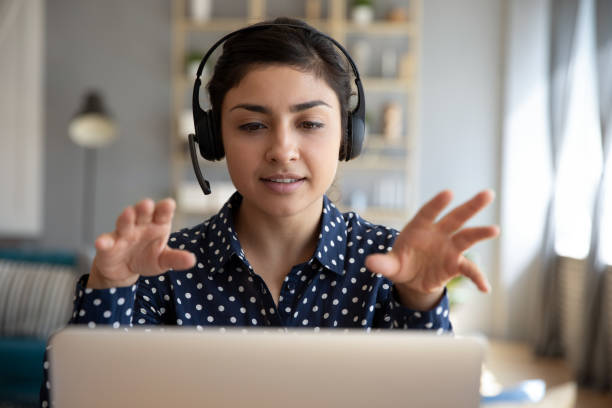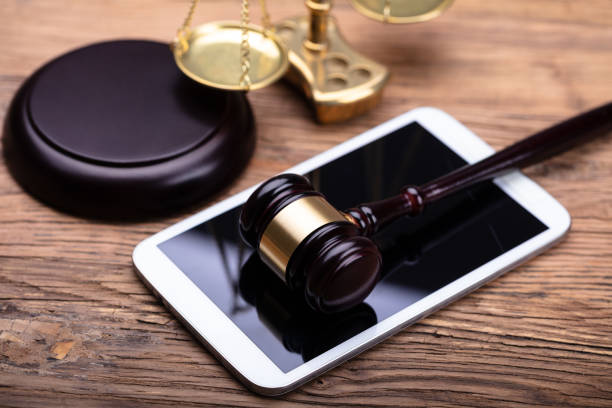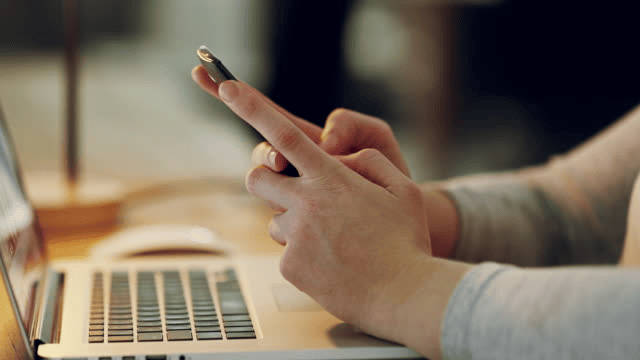Can you record phone calls in Australia? What does the Surveillance Devices Act 2007 of New South Wales say? Generally, it’s illegal to lawfully record private conversations without the caller’s consent. Recording phone calls to then use unlawfully obtained evidence in a serious dispute is illegal.
This applies to both personal and business calls. Exceptions exist, but they vary by state and territory. The key factors of determining whether call recording is legal include consent, purpose, and type of conversation. Most states require two-party consent, meaning everyone on the call must agree to be recorded.
As to purpose, recording for personal use may be allowed with consent, but sharing publicly could violate privacy laws. As to the type of conversation, laws may distinguish between private and public conversations (e.g., media interviews).
Can You Record Phone Calls in New South Wales?
What does the Surveillance Devices Act 2007 say? Can you record incoming calls in NSW? Section 7 of the Act answers that question by prohibiting the installation, use, and maintenance of listening devices. A person who violates this section can be liable to a maximum penalty of 500 penalty units, 100 penalty units, or even imprisonment for 5 years.
Furthermore, it specifies that a person must not knowingly install, use or cause to be used or maintain a listening device:
- to overhear, record, monitor or listen to a private conversation to which the person is not a party, or
- to record calls or a private conversation to which the person is a party.

Can You Record Phone Calls in NSW: When is it Allowed?
This section also cites the allowable circumstances for the installation, use, and maintenance of listening devices. These circumstances are:
- when it is in accordance with a warrant, emergency authorisation, corresponding warrant or corresponding emergency authorisation,
- when in accordance with the Telecommunications (Interception and Access) Act 1979, or any other law, of the Commonwealth,
- the unintentional hearing of a private conversation by means of a listening device,
- the use of a listening device to record a refusal to consent to the recording of an interview by a member of the NSW Police Force in connection with the commission of an offence by a person suspected of having committed the offence,
- the use of a listening device and any enhancement equipment in relation to the device solely for the purposes of the location and retrieval of the device or equipment,
- the use of a listening device, being a device integrated into a Taser issued to a member of the NSW Police Force, to record the operation of the Taser and the circumstances surrounding its operation,
- the use, in accordance with section 50A, of body-worn video by a police office.
Exceptions to the Rule: When Recording Calls is Permissible in NSW
Moreover, recording private conversations or phone calls is also allowed if:
- All of the principal parties to the conversation consent, expressly or impliedly, to the listening device being so used, or
- A principal party to the conversation consents to the listening device being so used and the recording of the phone conversation:
- is reasonably necessary for the protection of the lawful interests of that principal party, or
- is not made for the purpose of communicating or publishing the conversation, or a report of the conversation, to persons who are not parties to the conversation.
- A party to the private conversation is a participant in an authorised operation and, in the case of a participant who is a law enforcement officer, is using an assumed name or assumed identity, and
- The person using the listening device is that participant or another participant in that authorised operation.
Possession of Recorded Private Conversation
Now that you have the answer to the question “can you record phone calls in NSW,” let us now discuss whether the possession of a recorded private compensation is legal or not.
Section 12 of the same Act states that possession of a record of a private conversation or the carrying on of an activity knowing that it has been obtained, directly or indirectly, by the use of a listening device is a violation of this provision. It states that you may be liable for 500 penalty units (maximum), 100 penalty units or 5 years imprisonment, or both.
Manufacture, Supply, and Possession of Recording Devices
Even the manufacture, supply, and possession of recording devices is punishable under this Act. The penalty for doing so may be 500 penalty units (maximum), 100 penalty units or 5 years imprisonment, or both.
Can You Record Phone Calls: What to Do Before Recording?
Although recording phone calls is generally not allowed, there are some circumstances that permit such act. However, you must be cautious in doing so because you might face penalties for such violations. Before recording a phone call, here’s what you must do:
- Understand the Law. The primary legislation governing recording in NSW is the Surveillance Devices Act 2007. Familiarise yourself with its key points, especially the requirement for two-party consent in most situations. Exceptions exist for protecting one’s lawful interests, but the bar is high. It’s also important to know that the court has a “discretion to exclude improperly or illegally obtained evidence.
- Assess Your Need. Is recording truly necessary? Explore alternative solutions that respect privacy, like notetaking or requesting written confirmation of agreements. Does the potential benefit outweigh potential legal and ethical repercussions?
- Obtain Explicit Consent. If recording is essential, get clear and verifiable consent from all participants before the call begins. Moreover, use plain language explaining the purpose of recording and how it will be used. Ideally, obtain written consent for a stronger record.
- Be Transparent. You have to inform participants at the call’s start that you’re recording, or you’re using a recording device. You must state the purpose of recording and who will have access to the recording.
- Protect the Recording. Store the recording securely to prevent unauthorised access or leaks. Most importantly, only use the recording for the stated purpose and in accordance with privacy laws. In fact, Google’s Phone app and Voice have built-in functionality that notifies all parties on the call that they are being recorded. This will give everyone freedom to end the call if they do not wish to be recorded.

Can You Record Phone Calls: Ask A Laywer
Confused about the legalities of recording phone calls in NSW? Don’t go through this complex landscape alone. Protect yourself and ensure compliance with the Surveillance Devices Act 2007 by getting expert legal guidance.
A qualified lawyer from JB Solicitors can further elaborate the answer to the question “can you record phone calls?”, assess your specific situation, explain your rights and options, and advise on obtaining proper consent. Schedule a consultation with a lawyer today and gain peace of mind knowing you’re recording calls the right way.
Contact us today.
